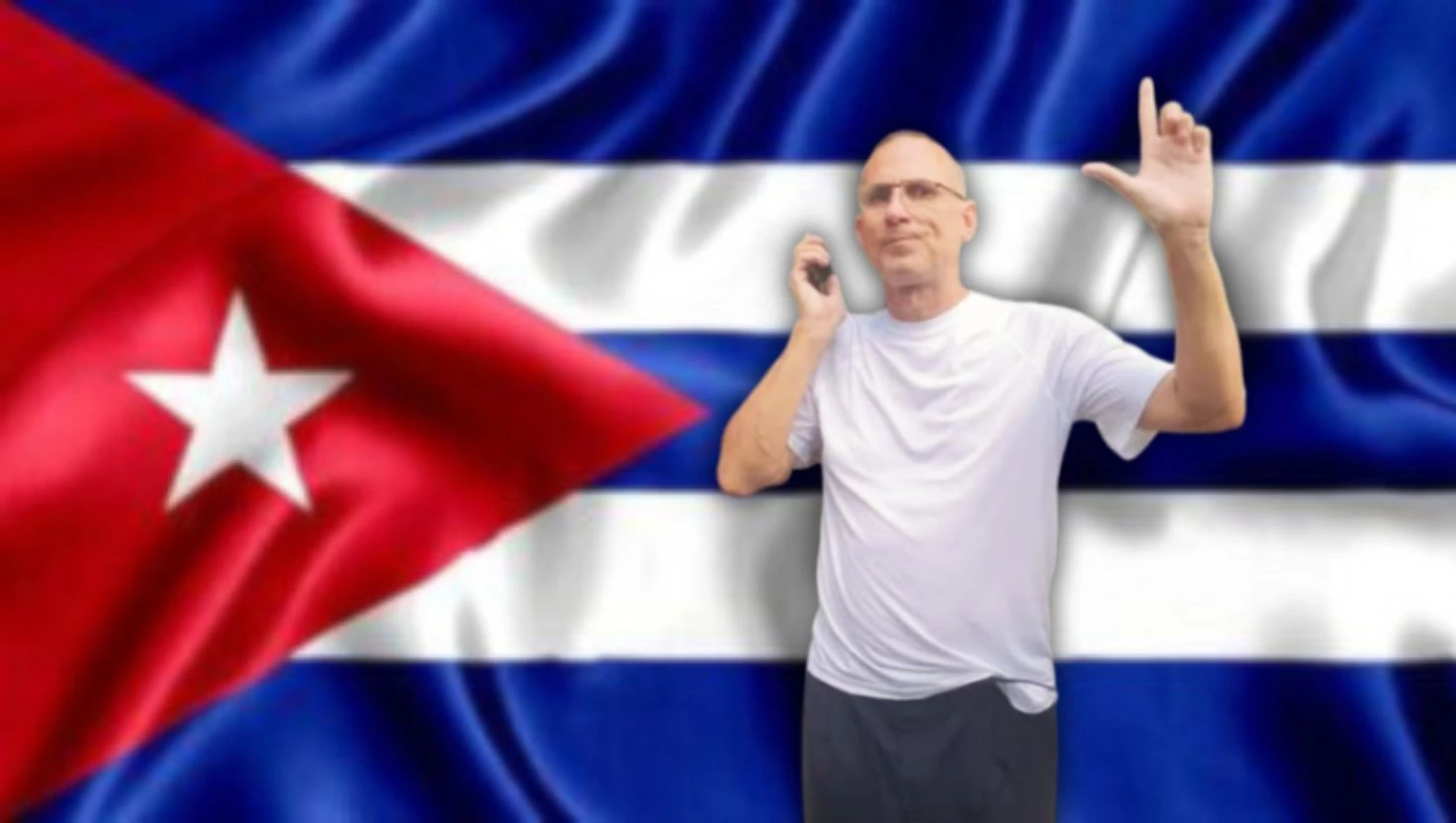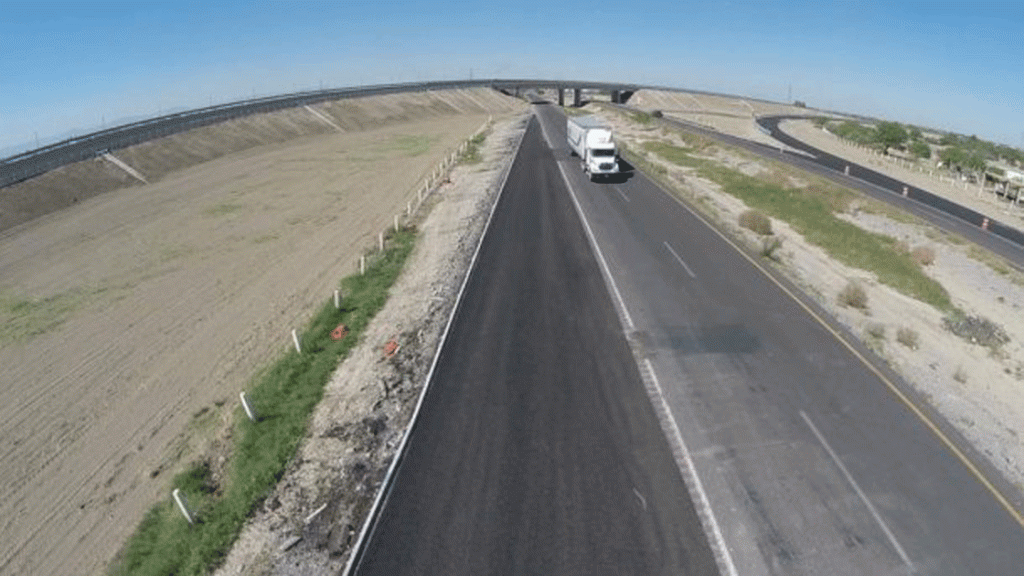SLP, Mexico.- The Cuban opposition leader José Daniel Ferrer García He was released this Thursday after almost four years behind bars, a period during which he was a victim of physical and psychological torture. In his first message in freedom, he urged citizens not to be afraid to fight “for a free, prosperous, fair Cuba.”
In statements to Martí NewsFerrer referred to the release process and revealed that he was expelled from prison because he did not accept conditional release. Although the prison authorities warned him that if he did not comply with the rules of the “socialist society” they would prosecute him again, the leader of the Patriotic Union of Cuba (UNPACU) expressed his willingness to continue fighting for the Cuban cause.
“Do not have fear to confront the oppressor because the oppressor is increasingly more scared, increasingly weaker, and to the extent that we look him in the face and face him with dignity, with decorum, with courage, then his existence is shorter, less time remains in power, the fewer abuses they can commit, the fewer abuses they can continue to carry out (…) A happy Cuba, a prosperous Cuba, a just Cuba. “That is my message,” he exclaimed.
In reference to the procedure to get out of prison – described by the opponent as a “Nazi concentration camp” -, Ferrer said that they went to look for him in his cell and there they told him that a legal team made up of judges and soldiers wanted to notify him of his freedom. “I told them that I didn’t have to talk to them about anything, that they should give me a document and if the terms were acceptable, I would sign them, and if they were not acceptable, I wouldn’t sign them, and there was no problem at all.”
After the insistence of the repressors, he was taken before a Lieutenant Colonel of the MININT, two judges, and eight or nine other soldiers, plus the security guards. prison who stayed at the door of the small place.
Initially, they announced to him that due to the “kindness” of the Government, they would grant him the “benefit” of conditional freedom.
Upon hearing that, Ferrer said, he interrupted them and added: “I’m sorry to have to interrupt you, but I don’t want to talk about parole because I was kidnapped, a crime that I never committed was fabricated, and they imprisoned me in a den of terror.” , in a kind of modern concentration camp, therefore I do not accept any terms of parole or any type of imposition of no court at the service of a tyrannical regime.”
Determined to comply with the mandate, the jailers argued that they would proceed to give him conditional release, and Ferrer sentenced: “Let’s save time, if the issue is conditional release, leave me in prison, because if you release me, the sooner the sentence will fall.” tyranny“I don’t think it’s good for you, so don’t talk about it anymore, don’t talk to me about parole, send me to my cell, and let’s not talk about this matter anymore.”
After reading him a series of articles from the Constitution, the Penal Code, and other laws, and with the threat that if he violated the terms of his probation or did not comply with the norms of the “socialist society,” they would send him to the courts, he was released from prison.
Although he asked to collect his belongings, they did not give him time to do so. His books, notebooks, food and toiletries that he wanted to give to the prisoners, were left there: “They are going to steal my notebooks, my notes, my verses, everything I have there, because now that is, of course, what What are they going to do, otherwise they wouldn’t have kept all my things.”
Ferrer’s wife, Dr. Nelva Ortega Tamayo, told CubaNet that he felt “tremendous happiness” after his release.
The Cuban leader was held in the Mar Verde prison in Santiago since July 11, 2021 for trying to access the place where the massive protests that day were taking place in their province. A month later, a four-year prison sentence that he had been serving since 2020 in house confinement was revoked.
The release of Ferrer, one of the best-known opposition figures in Cuba, increases the expectation that more political prisoners could be released from prison in the coming days. However, human rights organizations and activists inside and outside the country point out that the number of those released is still minimal compared to the total number of people deprived of their liberty for political reasons.
After announce the release of 553 inmatesthis Wednesday the Cuban regime began to release several political prisoners throughout the Island, a measure that responds, according to the Government, to an agreement with the Vatican to celebrate the Ordinary Jubilee of 2025, but that occurs after negotiations with the United States that included removing Cuba from the list of State sponsors of terrorism and suspending Title III of the Helms-Burton Act.















